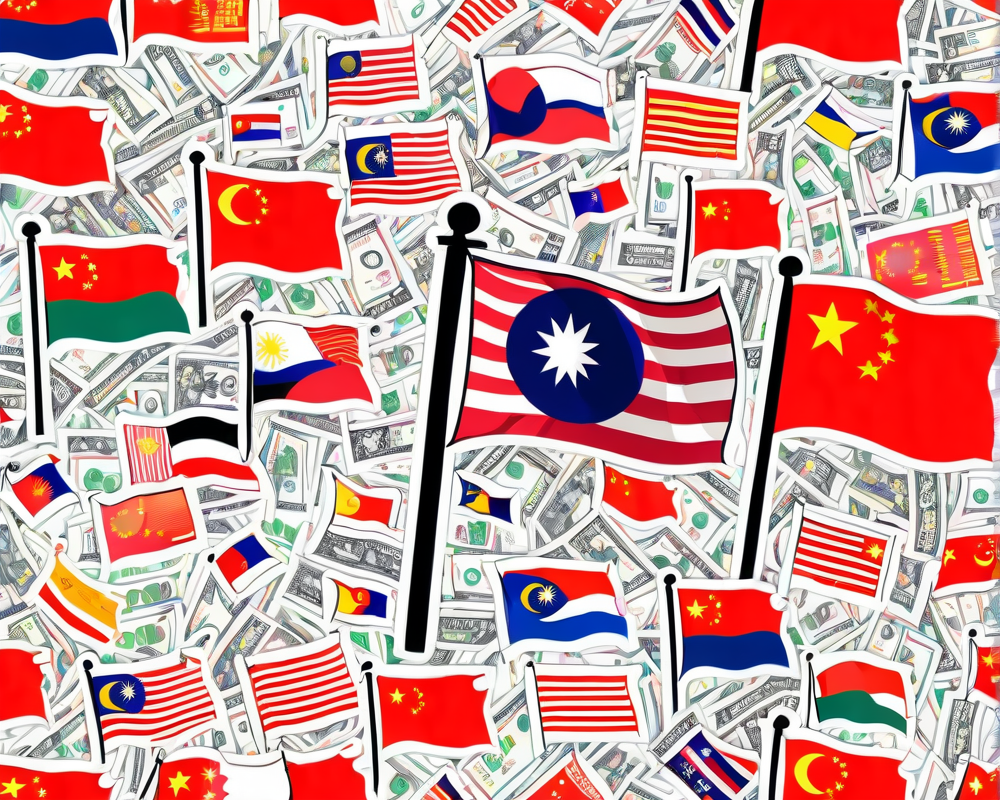The Rise of the Asian Monetary Fund
In a world increasingly tired of the $100 bill’s reign, Malaysia’s Prime Minister Anwar Ibrahim announced on April 4, 2023, that discussions with China regarding an Asian Monetary Fund are picking up speed. The idea of establishing a fund tailored for Asia was brought up at a recent forum on the scenic shores of Hainan Island, and it’s generating buzz like a beehive disturbed by a clumsy intruder.
China’s Interest in Regional Cooperation
According to Ibrahim, President Xi Jinping of China has shown interest in this proposal, as it represents a fresh escape route for Asian economies looking to distance themselves from U.S. dollar influence. But what’s in it for China, you might ask? A potential economic partnership benefitting multiple countries in the region isn’t something they can easily sound the trumpet about, but it surely is a darker note in the sprawling symphony of global finance.
Dollar Dilemma: Countries Breaking Free
Malaysia is not alone in its quest for dollar independence. Central banks across Asia, including Malaysia’s, are buddying up with the People’s Bank of China to facilitate trade in local currencies. Anwar made a sharp remark in Parliament, stating,
“There is no reason for Malaysia to continue depending on the dollar.”
It seems they’re determined to stop nurturing the dollar like a needy houseplant.
The Past Revisited: A Fund Once Considered
Interestingly, the notion of an Asian Monetary Fund isn’t just a late-night brainstorming session; it was discussed in the 1990s, but like many good ideas, it was tucked away in the drawer labeled “Things for Future Generations.” Ibrahim believes that with today’s robust economies in China and Japan, it’s high time to dig it out and give it a fresh coat of paint.
The BRICS Shift: A New Currency on the Horizon?
Speaking of fresh currency, in late March, talks emerged from the BRICS nations (Brazil, Russia, India, China, South Africa) about developing a new currency to sidestep the dollar completely. Imagine trying to dodge that oversized beach ball at a spring break party – that’s precisely how these countries feel about the dollar: it’s big, it’s in the way, and it leaves them gasping for alternatives.
Beyond Economics: Cultural and Political Motives
As columnist Alex Lo pointed out, there’s more to this dollar evasion than mere economics — think of it as a cultural renaissance where countries aspire to shake off the “gangsterism” of U.S. foreign policy, which has notably tweaked its global dollar dominance like a TV remote during a suspenseful scene. Some nations feel that they’re not just moving away from a currency; they’re racing away from a type of hegemony that’s been flexing its muscles for far too long.
Potential Impact on the Global Economy
If the dollar loses its status as the world’s reserve currency, its value could plummet faster than a bad reality TV show rating. We’re talking repercussions that could send ripples through everything from commodities to stablecoins, which currently lean heavily on being dollar-pegged. The aftermath? A storm of economic chaos brewing on the horizon.




